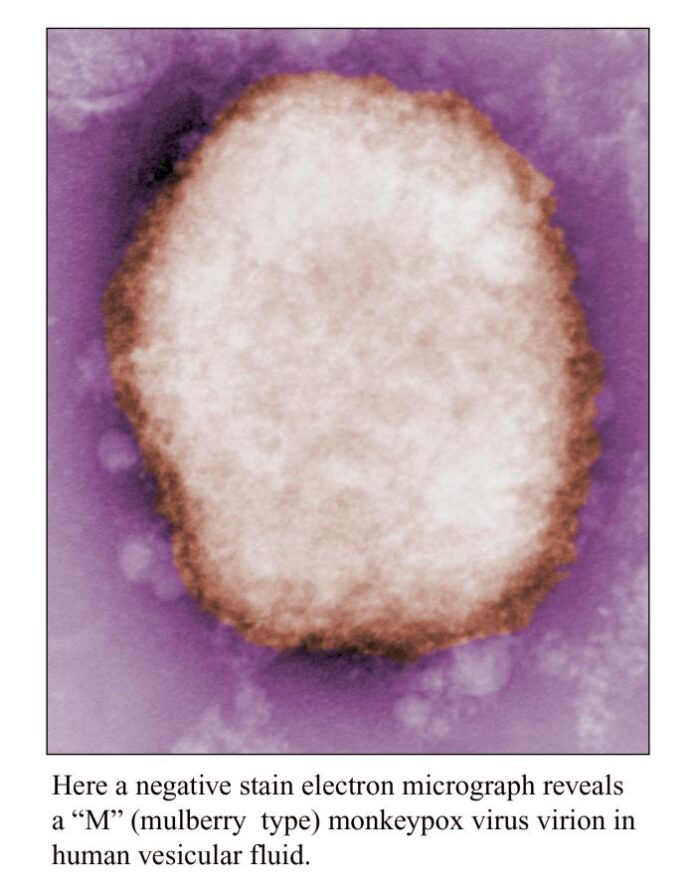On 08 August 2022, the expert group of WHO arrived at consensus on nomenclature of known and new monkeypox virus (MPXV) variants or clades. Accordingly, the former Congo Basin (Central African) clade will be known as Clade one(I) and the former West African clade will be called Clade two (II). Further, the Clade II consists of two subclades Clade IIa and Clade IIb.
Clade IIb refer primarily to the group of variants largely circulating in the 2022 global outbreak.
The naming of lineages will be as proposed by as the outbreak evolves.
The idea behind new nomenclature policy is to avoid stigmatising. Hence, WHO finds a name that does not refer to a geographical location, an animal, an individual or group of people, and which is also pronounceable and related to the disease. The most significant implementation of this guideline was seen in February 2020 when the disease caused by the novel coronavirus detected in Wuhan, China was officially named COVID-19 and the novel coronavirus was called SARS-CoV-2. Both names made no reference to any of the people, places or animals associated with this virus.
It is noteworthy that neither monkeypox virus (MPXV) itself nor the disease caused by it has been given new names yet.
International Committee on the Taxonomy of Viruses (ICTV) is responsible for naming of virus species. A process is currently underway with ICTV for the new name of the monkeypox virus.
Similarly, WHO is currently holding an open consultation for a new name for monkeypox disease. Assigning new names to existing diseases is the responsibility of WHO under the International Classification of Diseases and the WHO Family of International Health Related Classifications (WHO-FIC).
***
Sources:
- WHO 2022. News release – Monkeypox: experts give virus variants new names. Posted 12 August 2022. Available online at https://www.who.int/news/item/12-08-2022-monkeypox–experts-give-virus-variants-new-names
- Prasad U. and Soni R. 2022. Will Monkeypox go Corona way? Scientific European. Posted 23 June 2022. Available at https://www.scientificeuropean.co.uk/medicine/will-monkeypox-go-corona-way/
***




































